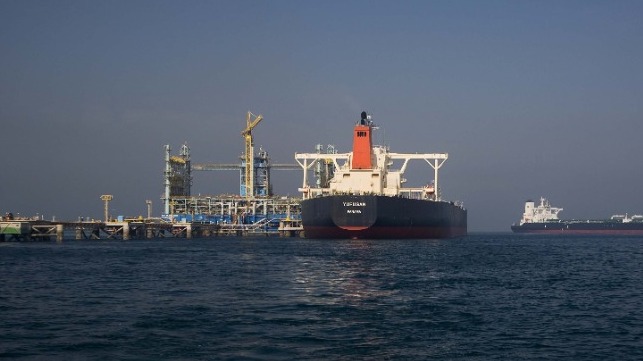IEA: OPEC's Production Cut Could Be the Tipping Point for a Recession

In a strongly-worded warning published Thursday, the International Energy Agency cautioned that the OPEC+ decision to cut oil production quotas could have a destabilizing effect on the world economy. Brent prices have risen by $14 per barrel since the announcement, reaching about $98.
"With unrelenting inflationary pressures and interest rate hikes taking their toll, higher oil prices may prove the tipping point for a global economy already on the brink of recession," warned IEA.
The announced cut is in the range of two million barrels per day across all OPEC+ members, but many analysts - including IEA - expect the actual reduction to be in the range of one million bpd, concentrated in Saudi Arabia and the UAE.
Further production cuts could be coming at the end of this year when EU restrictions on the Russian oil trade enter into force. Russia has threatened to retaliate with reduced output and a policy of refusing sales to countries participating in the planned restrictions, including a proposed international price cap on Russian crude.
THe price hike for oil is leading to demand destruction as consumers reduce discretionary energy consumption. Recent data from Europe and the United States show less summertime fuel demand, reflecting less long-distance vacation trips and less carbon emissions.

that matters most
Get the latest maritime news delivered to your inbox daily.
"Even taking into account lower demand expectations, [the OPEC+ cut] will sharply reduce a much needed build in oil stocks through the rest of this year and into the first half of 2023," warned IEA. "Commercial and residential consumers are taking measures to reduce their energy bills and those effort could well have a lasting impact on oil markets."
The production cut has been poorly received in Washington. The White House has gone to great lengths to curry favor with Saudi Arabia, the largest producer in OPEC and the group's most influential member. U.S. President Joe Biden flew to Riyadh to meet with Saudi leader Prince Mohammad Bin Salman, setting aside human rights concerns to shore up a trade relationship built on oil - at considerable political cost at home. After getting a supply cut in return, Biden called OPEC's decision "shortsighted," and the chair of the Senate Foreign Relations Committee, Sen. Bob Menendez (D-NJ) called for a "freeze" on arms and security cooperation with the Saudi government.
